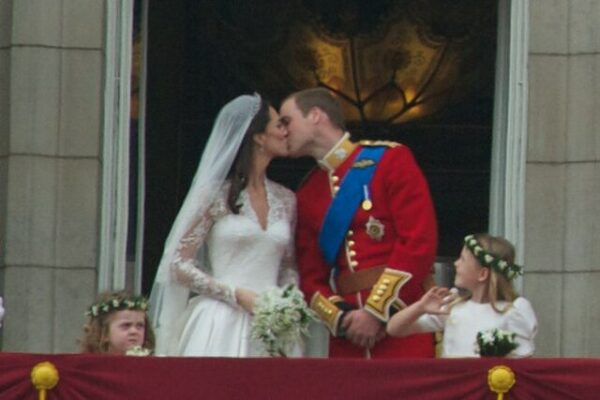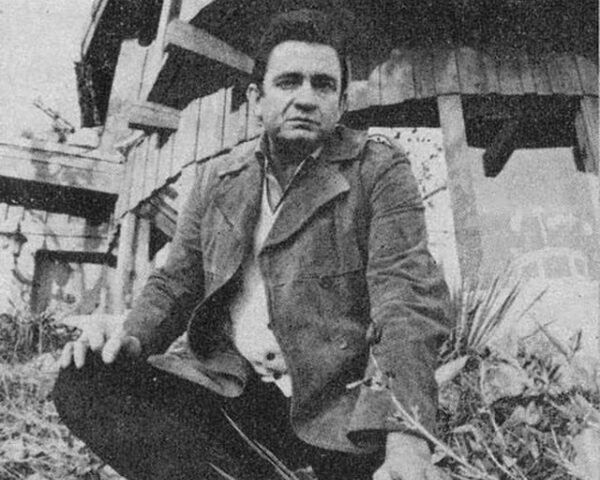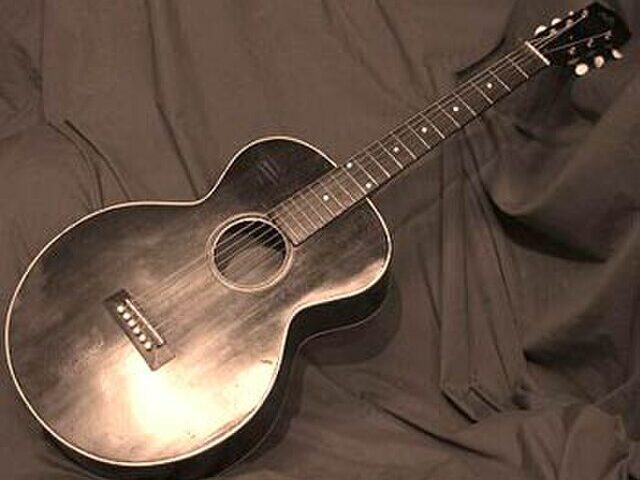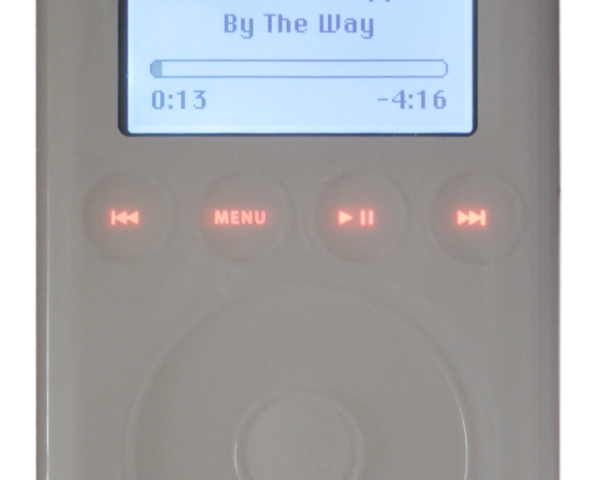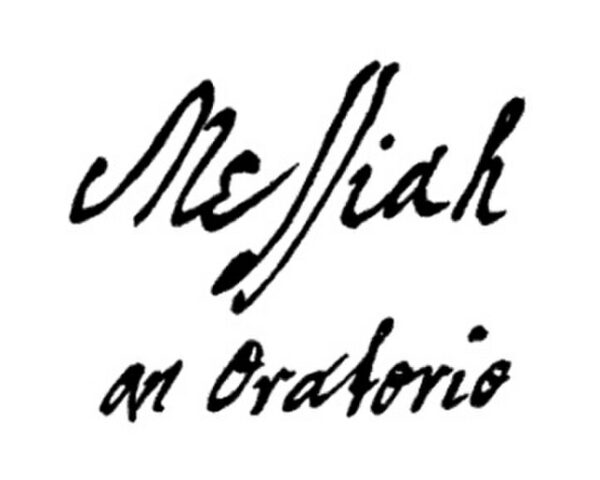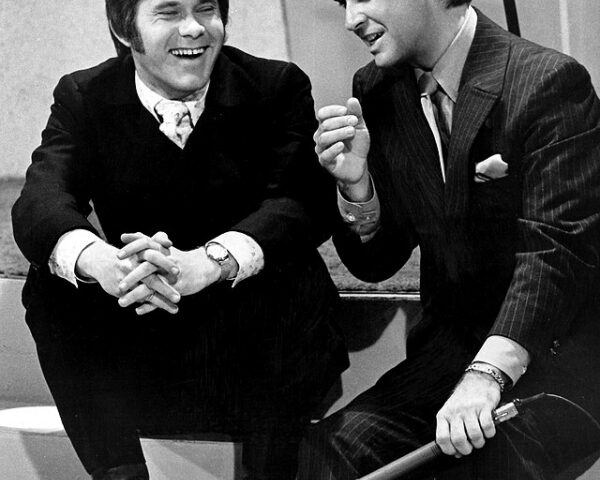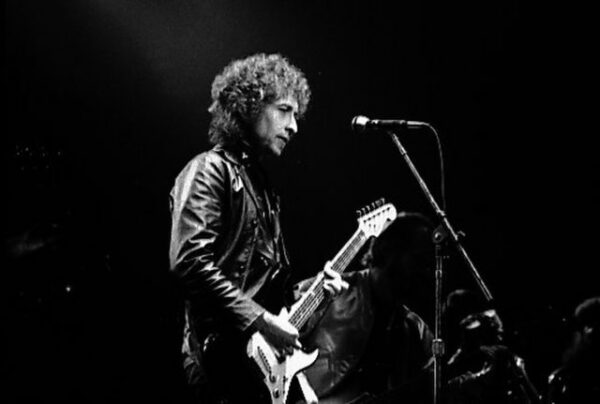On January 25, 1858, a remarkable event took place at the Chapel Royal in St. James’s Palace, London, when Queen Victoria’s eldest daughter, Princess Victoria, married Friedrich Wilhelm of Prussia. This wedding was not only a union of two powerful royal families but also…
Read MoreThe Summer of Love, a cultural phenomenon in 1967, is often remembered as a defining moment in the counterculture movement of the 1960s. It was a period characterized by a celebration of peace, love, and unity, with San Francisco’s Haight-Ashbury district emerging as the…
Read MoreJohnny Cash’s performance at Folsom Prison on January 13, 1968, stands as one of the most iconic moments in music history, symbolizing a bridge between the rebellious spirit of rock and roll and the gritty reality of the incarcerated. Cash, known for his deep,…
Read MoreNapster, a groundbreaking peer-to-peer file-sharing platform, emerged in 1999 as a transformative force in the music industry. Founded by Shawn Fanning and Sean Parker, Napster allowed users to share and download music files without purchasing them, creating a digital community where music enthusiasts could…
Read MoreBorn in 1911 in Hazlehurst, Mississippi, Robert Johnson was so good at playing the blues that some believed he made a deal with the Devil. His life was shrouded in mystery and folklore, contributing to the enigmatic aura surrounding him. Johnson is widely regarded…
Read MoreOn October 23, 2001, Apple Computer unveiled a pocket-sized device that would redefine the way the world listened to music. Weighing just 6.5 ounces and small enough to slip into a jeans pocket, the iPod promised “a thousand songs in your pocket.” Few outside…
Read MoreOn September 14, 1741, George Frideric Handel completed one of the most celebrated pieces of music in history: the oratorio Messiah. This monumental work, which has become a cornerstone of Western choral literature, was composed in a remarkably short span of just 24 days.…
Read MoreOn August 29, 1966, in San Francisco, the Fab Four played their last planned concert, marking a major change in pop culture. Taking place at Candlestick Park the Beatles rocked to a crowd of 25,000 adoring fans in the final concert of Beatlemania. By…
Read MoreAmerican Bandstand, a television program that had a profound impact on American culture and the music industry, made its national debut on August 5, 1957. Originally a local show called “Bandstand,” it began airing in 1952 in Philadelphia on WFIL-TV. The show was hosted…
Read MoreThe world of music witnessed a seismic shift on July 25, 1965, when Bob Dylan “went electric” at the Newport Folk Festival. This momentous event not only marked a turning point in Dylan’s career but also had profound implications for the music industry as…
Read More

